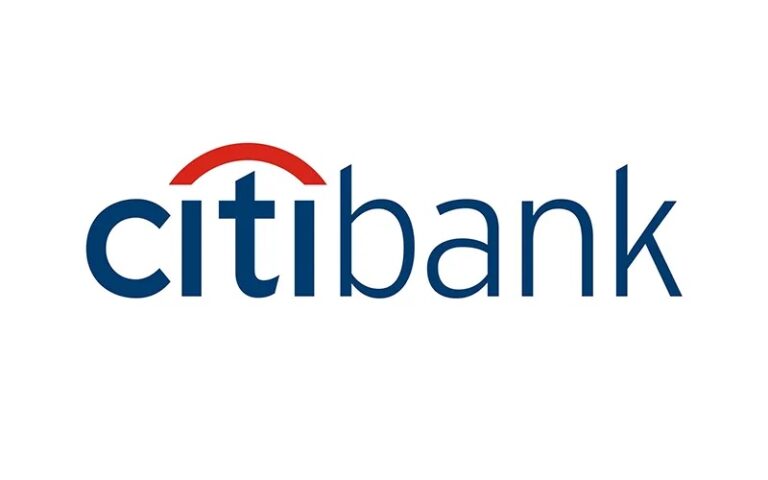Citi has reaffirmed its long-term commitment to Nigeria with a major capital boost, successfully meeting the Central Bank of Nigeria’s (CBN) tough new capitalisation standards.
The global bank injected fresh funds into its Nigerian operations to align with the ₦200 billion ($136 million) minimum capital requirement for national lenders — a move regulators say will strengthen the financial system against inflation and currency pressures.
“With a stronger balance sheet, Citi is better positioned to deepen support for key sectors such as infrastructure, energy, and trade,” the bank said in a statement to Bloomberg. “This investment reflects our confidence in Nigeria’s potential and its next phase of growth.”
Citi, which has operated in Nigeria since 1984, remains one of the few foreign banks maintaining a significant presence in the country.
Strengthening Nigeria’s Banking Backbone
The capital injection comes as part of CBN’s sweeping recapitalisation drive designed to make Nigerian banks more resilient in a volatile economy. Earlier this year, the apex bank raised the minimum capital base for national banks from ₦25 billion to ₦200 billion, while international banks must now hold ₦500 billion, up from ₦50 billion.
The policy overhaul aims to ensure that banks can absorb economic shocks, sustain lending, and support Nigeria’s growth ambitions. The CBN recently confirmed that 14 of 36 financial institutions have already met the new benchmarks — a signal that the sector is adapting quickly.
Citi’s Global Strategy in Motion
Beyond Nigeria, Citi is reshaping its international footprint. Just last month, the bank agreed to sell a 25% stake in Banamex, its Mexican retail subsidiary, to an investment firm controlled by Fernando Chico Pardo and his family, in a deal worth about ₱42 billion pesos ($2.3 billion).
Banamex manages an extensive network of 1,300 branches and 9,000 ATMs, serving millions across Mexico’s retail and commercial banking sectors. Citi also noted that a future initial public offering (IPO) for Banamex remains possible, depending on market trends and regulatory conditions.
A Vote of Confidence in Nigeria
Citi’s decision to recapitalise its Nigerian unit sends a strong message of confidence in Africa’s largest economy. Despite challenges such as inflation, currency volatility, and shifting global markets, the move underscores the bank’s belief in the country’s long-term potential and strategic value in its global network.
As the CBN’s reforms reshape the banking landscape, stronger institutions like Citi are expected to drive investment, unlock credit opportunities, and play a critical role in building a more resilient, future-ready Nigerian economy.

